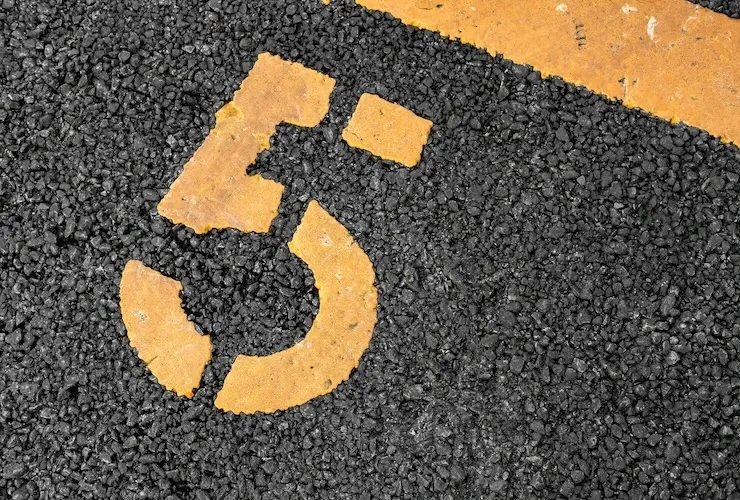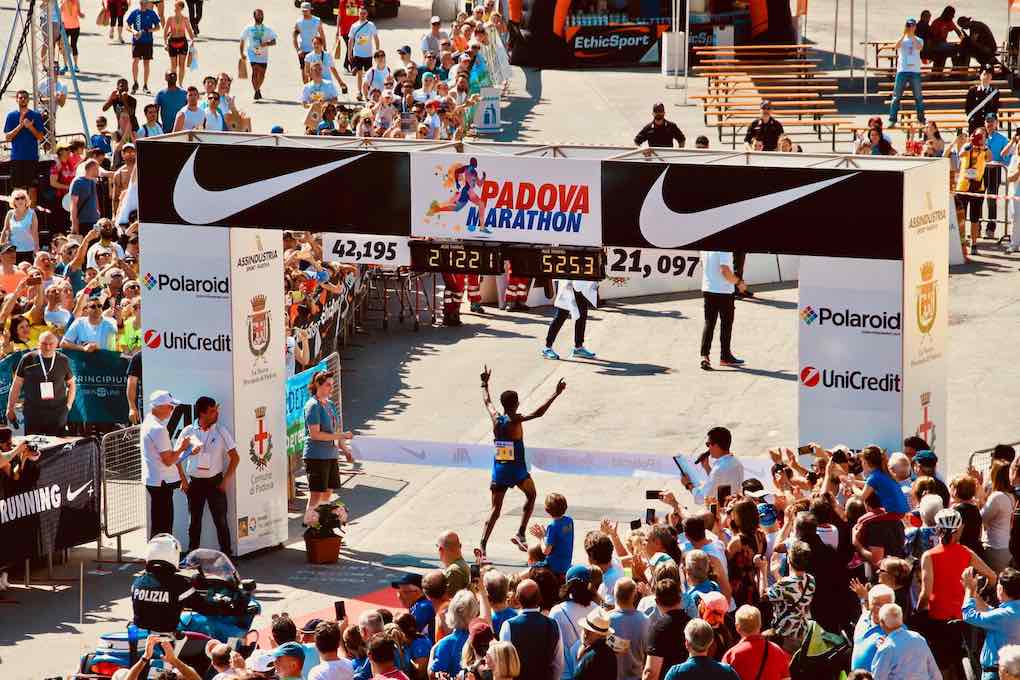Are you tired of constantly converting between miles and kilometers? Well, you're not alone. With countries using different measurement systems and everyday tasks requiring unit conversions, it can be a hassle. But don't worry, this article has got you covered! Learn the exact conversion of 5 miles into kilometers and save yourself the trouble of constantly doing the math.
Key Takeaways:
- 5 miles is equivalent to approximately 8 kilometers.
- Understanding the conversion factor is critical to converting miles to kilometers.
Converting Miles to Kilometers
- To convert miles to kilometers, first identify the conversion factor: 1 mile equals 1.60934 kilometers.
- Multiply the number of miles by the conversion factor.
- For example, if you want to convert 5 miles to kilometers, multiply 5 by 1.60934 to get 8.0467 kilometers.
What Is a Mile?
A mile is a unit of length that is equal to 1.60934 kilometers. It is commonly used in the United States, the United Kingdom, and other countries influenced by the British Empire. The abbreviation for mile is 'mi.' Other forms of miles include the nautical mile, the Survey Mile, the international mile, the Italian mile, and the Chinese mile. To convert miles to kilometers, multiply the number of miles by 1.60934. For example, 5 miles is equal to 8.0467 kilometers.
For more comprehensive conversions, you can refer to a chart of miles and their equivalent distances in kilometers or other units, such as feet, inches, millimeters, or square miles. When dealing with miles, it's essential to understand their place in the context of different units of measurement, such as imperial and metric units, and to be familiar with terms associated with miles and their various forms.
Suggestions:
- Explore the historical significance of the mile and delve into the differences between various types of miles, like the nautical mile, the Survey Mile, and the land mile.
- Additionally, consider practical applications of miles, such as in sports, aviation, and navigation, to gain a comprehensive understanding of this unit of measurement.
What Is a Kilometer?
A kilometer is a unit of length equivalent to 1,000 meters. The conversion factor for miles to kilometers is 1.60934. To convert distance in miles to kilometers, multiply the distance in miles by the conversion factor. Additionally, 1 mile is equal to:
- 1,609.34 meters
- 160,934 centimeters
- 63,360 inches
- 1,760 yards
- 1,609,344 micrometers
- 1,609,344,000 nanometers
- 1,609,344,000,000 millimeters
How Many Kilometers Are in 5 Miles?
Converting 5 miles to kilometers equals 8 kilometers. It is a typical distance for running events, such as the 5-mile race. Walking 5 miles can take around 1.5 to 2.5 hours, while a usual running pace of 10 minutes per mile would complete the 5-mile distance in approximately 50 minutes.
For those looking to convert miles into kilometers for training or race preparation, the ratio for conversion is 1 mile = 1.6 kilometers.
How to Convert Miles to Kilometers?
Have you ever wondered how many kilometers are in 5 miles? Converting between miles and kilometers is a common question, especially for those who frequently travel or work with distance measurements. Let's discuss the step-by-step process for converting miles to kilometers using various conversion methods such as conversion formulas, conversion calculators, and conversion tables. We will also provide answers to challenging questions and a quick conversion chart for your convenience. So, let's dive in and learn how to convert miles to kilometers accurately!
Step 1: Determine the Conversion Factor
- Research conversion factors for general use, such as 1 mile = 1.6 kilometers, to establish a reliable reference and create a comprehensive Step Conversion Guide.
- Identify specific conversion factors for accurate results, ensuring the precision of the converted values and the effectiveness of the Step Conversion Guide.
- Understand the significance of conversion factors in maintaining the accuracy of the conversion process and the importance of including them in the Step Conversion Guide.
Step 2: Multiply the Number of Miles by the Conversion Factor
- Get the distance in miles you want to convert, for example, 5 miles.
- Use the miles formula: Distance in miles multiplied by the conversion factor of 1.6 kilometers or 5 miles converted to kilometers.
- Apply the formula: 5 miles in kilometers using the formula: 5 miles * 1.6 kilometers/mile = 8 kilometers.
Step 3: Round the Answer to the Nearest Tenth
- Step 1: Determine the conversion factor from miles to kilometers, which is 1 mile = 1.6 kilometers.
- Step 2: Multiply the number of miles by the conversion factor (1.6).
- Step 3: Round the answer to the nearest tenth; for example, 5 miles is approximately equal to 8 kilometers.
Pro-tip: Use an online conversion calculator or a conversion table for quick and accurate results.
Why Do We Use Different Units of Measurement?
Have you ever wondered why we use different units of measurement? The answer lies in our history, culture, and practicality. Let's explore the reasons behind using different units, such as miles and kilometers. We'll delve into the historical significance of standard measures, particularly in the United States, and how these have influenced our current measurement systems. Additionally, we'll examine the impact of cultural differences on using different units and address some frequently asked questions about this topic.
1. Historical Reasons
- Standard measure: The use of different units of measurement, such as miles and kilometers, stems from historical reasons linked to the development of measurement systems in various regions.
- Historical reasons: The United States' longstanding use of the imperial system has resulted in the continued use of miles as a distance measurement unit.
2. Cultural Differences
- Frequently Asked Questions: Different countries use miles or kilometers due to historical and cultural influences.
- Frequently Asked Questions: Some countries drive on the left side, influencing distance measurements.
- Frequently Asked Questions: Global business often involves converting between miles and kilometers.
Practicality and Convenience
- Assess Practicality and Convenience: Consider your fitness level, running experience, and lifestyle. Determine if a running coach, structured training program, or strength training is needed.
- Base Level and Injury Prevention: Start at a base level to avoid the risk of injury. Integrate easy runs and gradually progress to intense workouts, focusing on injury prevention.
How many kilometers is 5 miles?
5 miles is equivalent to 8.04672 kilometers. This conversion factor can be used to convert any distance from miles to kilometers or vice versa.
How do I convert 5 miles to kilometers using a unit converter?
You can easily convert 5 miles to kilometers using an online calculator or a unit converter. Input the quantity in miles and select kilometers as the desired output unit.
Is there a difference between a statute mile and a kilometer?
Yes, there is a difference between a statute mile and a kilometer. A statute mile is a standard unit of length used in the English system, while a kilometer is the base unit of length in the metric system.
How long is a 5-mile run in kilometers?
A 5-mile run is approximately 8 kilometers long. It is a typical distance for races and training runs.
What is the current definition of a mile in terms of unit conversion?
The current definition of a mile is 1,609.344 meters. It is the exact conversion factor between miles and kilometers.
Can I use fartlek training to improve my 5-mile run?
Yes, fartlek training can be a great way to improve your 5-mile run. This type of training involves varying your pace and intensity, which can help improve your speed and endurance.



